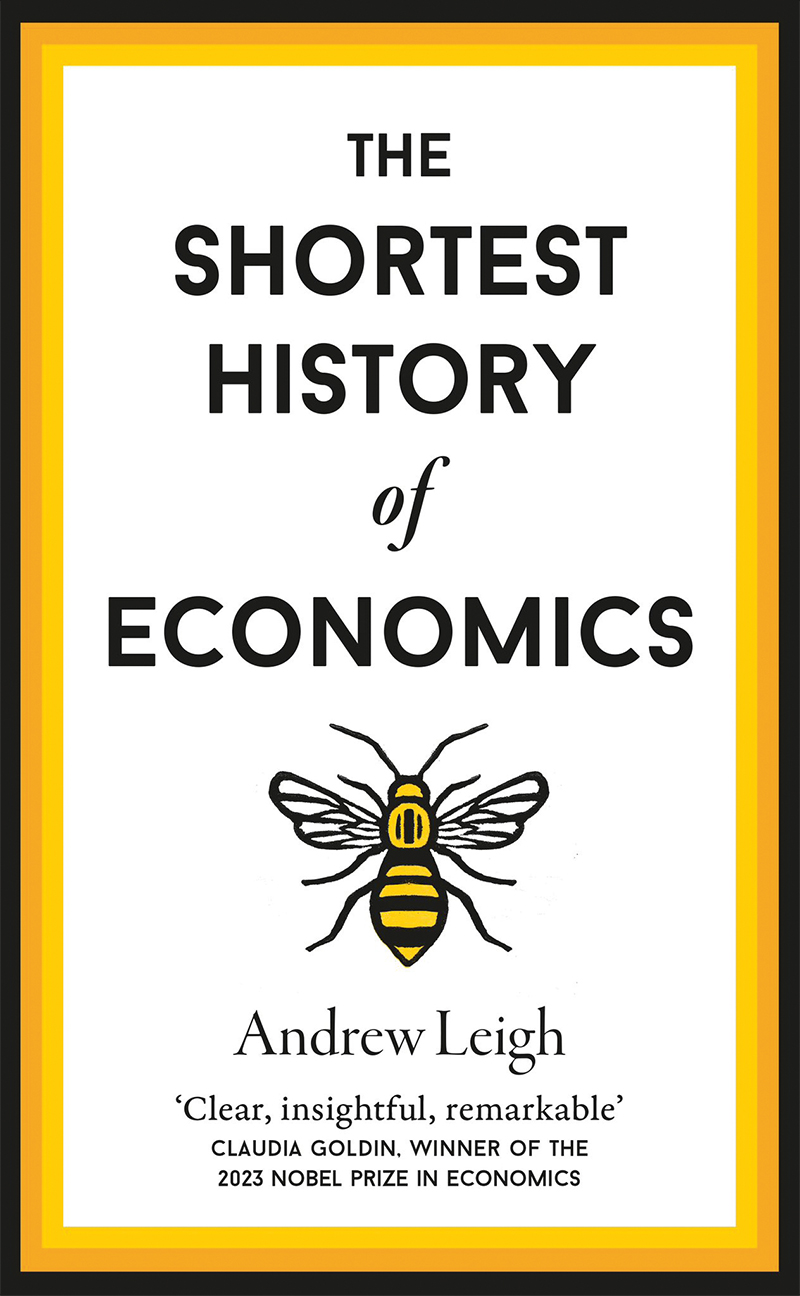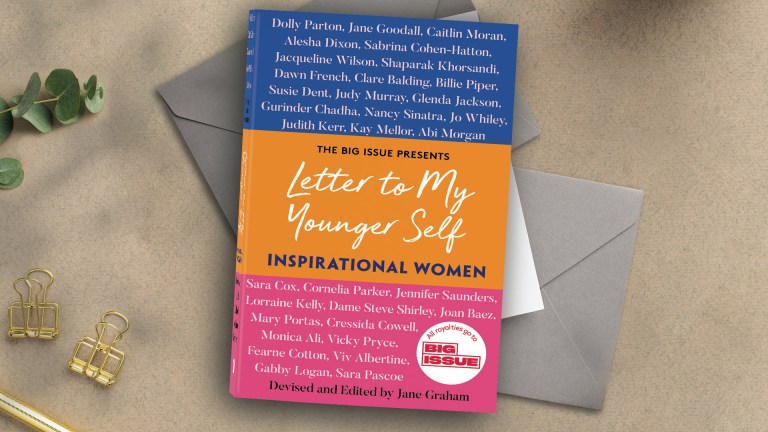Five books to make even the most overwhelming issues around economics accessible from the author of The Shortest History of Economics.
The Undercover Economist by Tim Harford
One of the great economics communicators of our age. Drawing on examples from coffee shops to health insurance, this book explains how markets work, and why competition matters.
Poor Economics by Abhijit V Banerjee and Esther Duflo
A deep dive into development economics. Duflo once said “One of my great assets is I don’t have many opinions to start with. I have one opinion – one should evaluate things – which is strongly held. I’m never unhappy with the results.”
The Entrepreneurial State by Mariana Mazzucato
Many books on innovation popularise the myth that innovation is the product of a lone (often male) genius. But for all Steve Jobs’ brilliance, many of the technologies in an iPhone were developed by the state.
- To understand economics, pass on the PopCon and read PJ O’Rourke instead
- Why is everyone talking about trickle-down economics again?
Why Globalization Works by Martin Wolf
Globalisation has been a force for good, raising living standards. If you’re concerned about environ-mental degradation or cultural homogenisation, there are better solutions than tariff walls and immigration bans.
Career and Family by Claudia Goldin
The 2023 Nobel prizewinner has a love of numbers and a knack for storytelling. Her book explores how change in technology and social norms impacted women’s paid and unpaid work.










